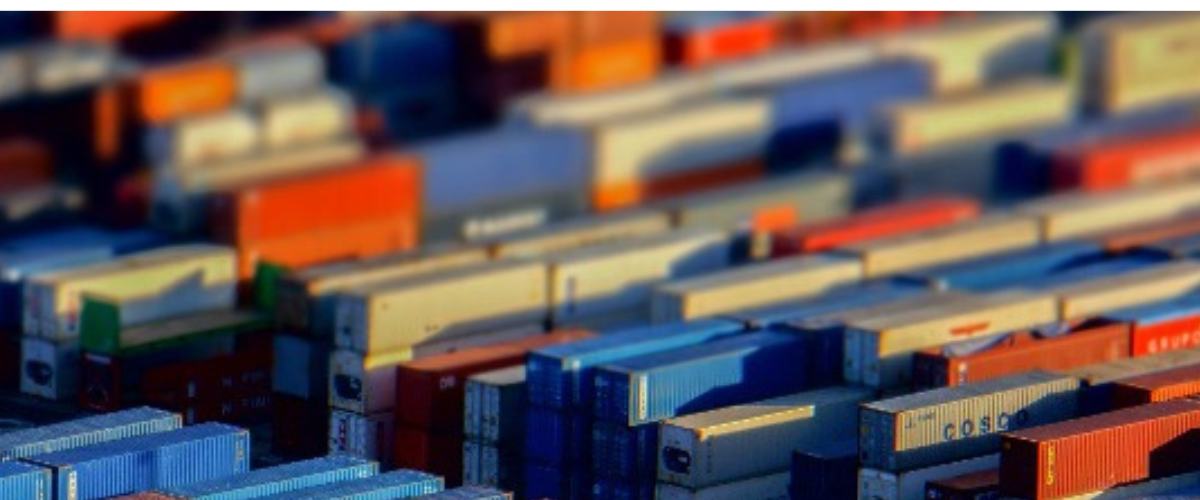By staying informed and leveraging advanced technology, trade compliance managers can navigate the uncertainties of global trade with greater confidence and efficiency
The overnight ILA port strike has once again underscored the vulnerabilities within our global supply chains. In June 2023, a single day of closures led to a three-week recovery period for West Coast ports, with delays surging by as much as 148%. As the East Coast faces the potential of a prolonged strike, the repercussions could be even more severe, with recovery times stretching 4-6 weeks for each week of strike action. This disruption threatens to send shockwaves through global supply chains, potentially extending well into 2025. The number of containers and vessels taken out of the global supply chain affects all participants in international trade. A bullwhip effect is already evident, with exporters scrambling to dispatch containers ahead of anticipated delays.
Impact on Customs Clearance
While port strikes primarily affect the physical movement of goods, customs clearance remains a critical component of the supply chain. The direct impact of port strikes on customs clearance procedures may be limited, but the ripple effects can be significant. Delays in cargo movement can lead to congestion at ports, creating a backlog of shipments needing clearance. This situation can increase the pressure on customs officials and entry writers and potentially slow down the entire clearance process.
In times of disruption, flexibility and resilience become paramount. Trade compliance managers must be prepared to adapt quickly to changing circumstances. This includes having the ability to connect with new suppliers, transport providers, and other essential partners to ensure that goods continue to move smoothly through the supply chain. The ability to pivot and adjust strategies in real-time can mitigate some of the adverse effects of port strikes and help maintain operational continuity.
Resilience = Flexibility + Grit
There remains a critical need for flexibility and resilience in these challenging times. The ability to immediately connect new supply chain partners, new suppliers, and new transport providers is critical as companies hustle to ensure goods are on shelves. But rushing to find new routes and even new suppliers often means a drop in the levels of visibility companies are accustomed to. By leveraging advanced technology, like AI, businesses can navigate the complexities of customs clearance and minimize the impact of disruptions.
Combining real-time track and trace updates and data accuracy, with continuity in trade compliance allows managers to make informed decisions swiftly. In an era where adaptability is key, AI is providing tools and support needed to maintain operational efficiency and navigate the uncertainties of global trade.
This port strike serves as a stark reminder of the fragility of global supply chains and the importance of adaptability. While the direct impact on customs clearance may be limited, the broader implications can be profound. KlearNow.AI stands ready to support flexibility and resilience, ensuring that trade compliance managers and operations have the tools they need to weather these challenges. Together, we can futurize global trade.

